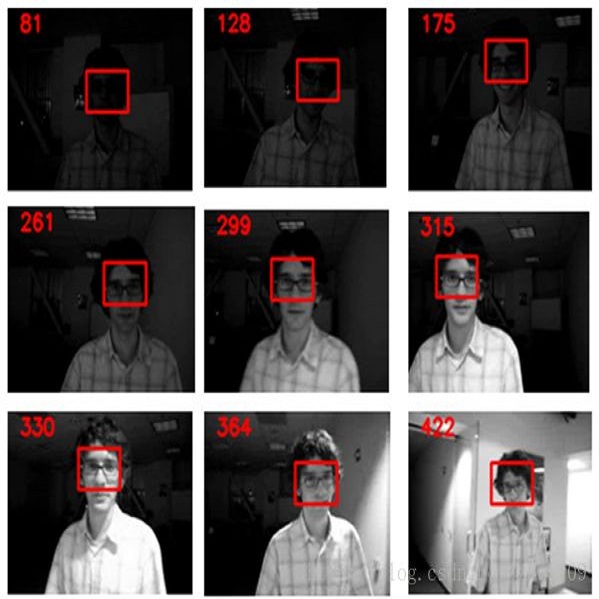Decision making in advanced driver assistance systems involves in general the estimated trajectories of the surrounding objects. Multiple object tracking refers to the process of estimating in real time these trajectories, leveraging for this purpose sensors to detect the objects. This paper deals with devising attacks on object tracking in automated vehicles. The vehicle is assumed to have a detection-based object tracking system that relies on multiple sensors and uses an estimator such as a Kalman filter for sensor fusion and state estimation. The attack goal is to modify the object's state estimated by the victim vehicle to put the vehicle in an unsafe situation. This goal is achieved by judiciously perturbing some or all of the sensor outputs corresponding to the object of interest over a desired horizon. A stochastic model predictive control (SMPC) problem is formulated to compute the sequence of perturbations, whereby hard constraints on the perturbations and probabilistic chance constraints on the object's state are imposed. The chance constraints ensure that some desired conditions for a successful attack are satisfied with a prespecified probability. Reasonable assumptions are then made to obtain a computationally tractable linear SMPC program. The approach is demonstrated on an adaptive cruise control system in a simulation environment, where successful sequential attacks are generated, leading the victim vehicle into dangerous driving situations including collisions.
翻译:暂无翻译





